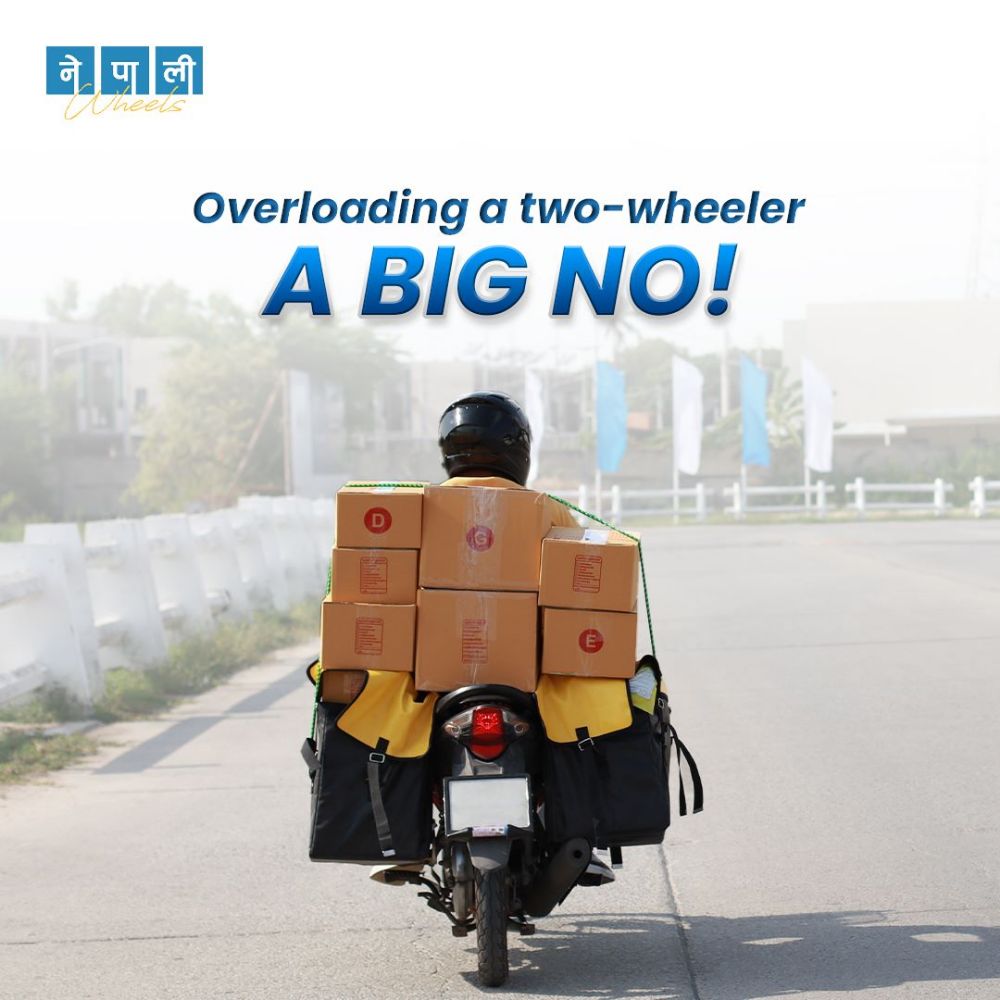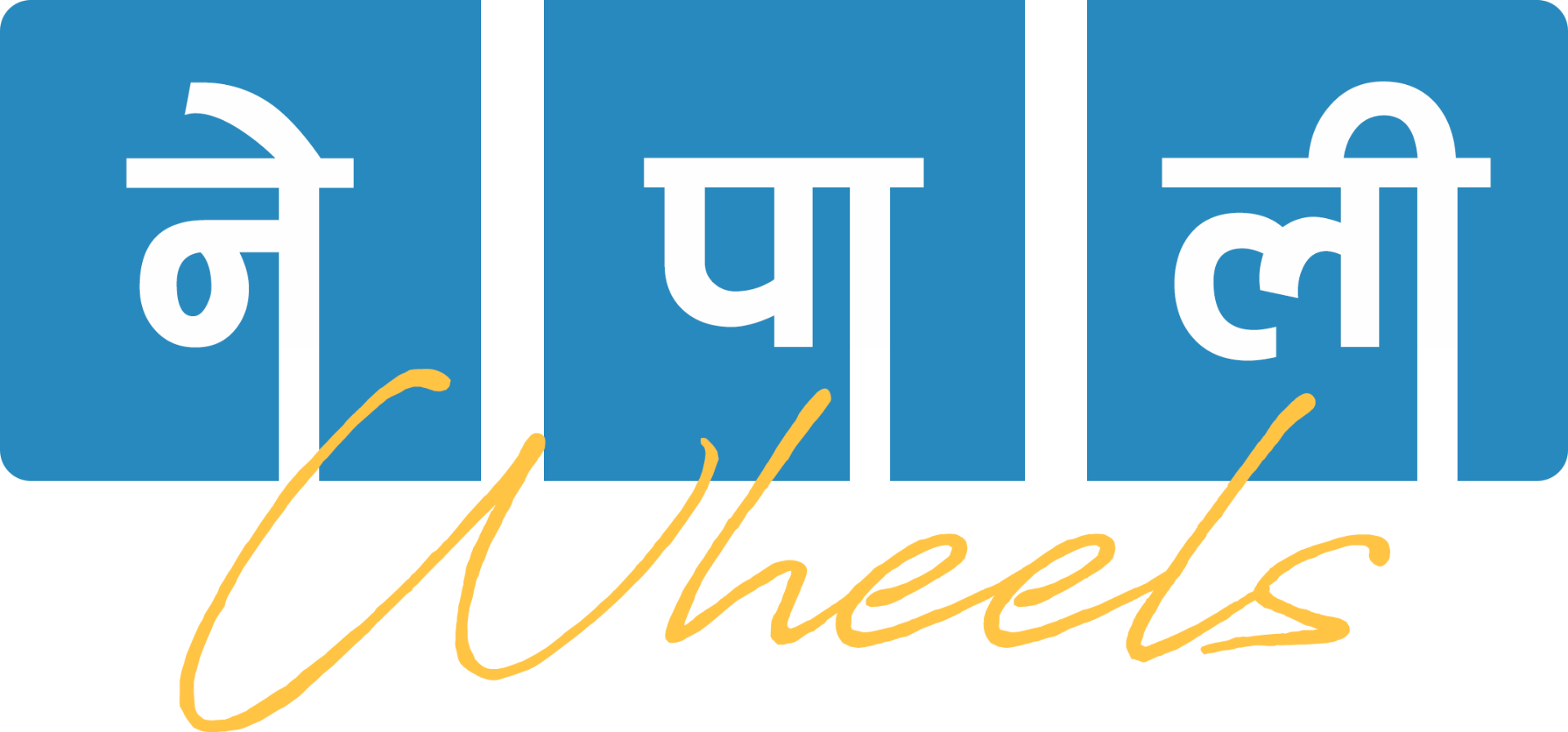
Two-wheelers are strictly meant for a rider and an extra passenger at the pillion seat. Anything additional that is equivalent to the size and weight of a third person would be considered overloading. Operating a small two-wheeler above its average weight limit and above what it is supposed to carry would have severe damages to the vehicle that would be visible to the one driving. Below mentioned are the list of damages that is faced by the two-wheeler when it is frequently overloaded.
a. Issue in Steering
- A two-wheeler’s steering handlebars are equipped with the ability and power to perform best when driven and handled with the limited two passengers on board. When the vehicle is overloaded, its handlebar balance and steering abilities are heavily affected due to the additional weight.
b. Delayed braking
- An overloaded two-wheeler will generally take a lengthier amount of time to come to a halt when the rakes are applied to stop the vehicle. The overload hampers the brake discs from performing at its peak ability.
c. Tyre Wear
- Overloading also impacts the tyre's pressure and the extra load that the tyre has to handle will make the tyre’s rubber deteriorate at a faster rate.
d. Extra fuel consumption
- Overloading means loading extra weight onto the vehicle, extra weight means extra power required by the vehicle to pull the extra weight. This extra fuel directly sums up to extra petroleum being used for this process.
e. Instability
- Extra weight, heavy pressure on the tires, steering issue, all these issues in a bundle creates instability while driving the two-wheeler. One can definitely feel the difference while driving with a single person and an extra person or extra loads of stuff on a two-wheeler. Thus, it would be wise to not test a machine's limited abilities that could eventually impact the well-being of the rider.

























